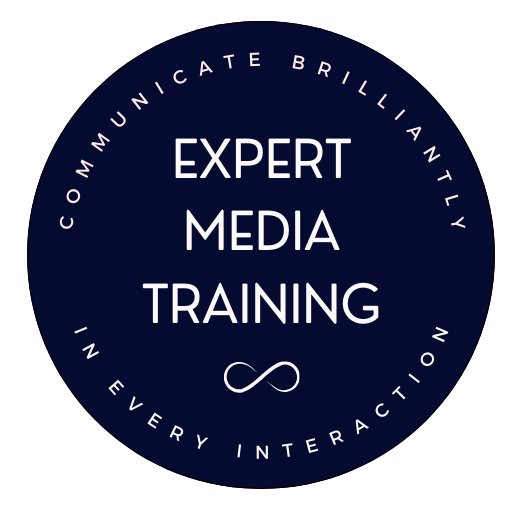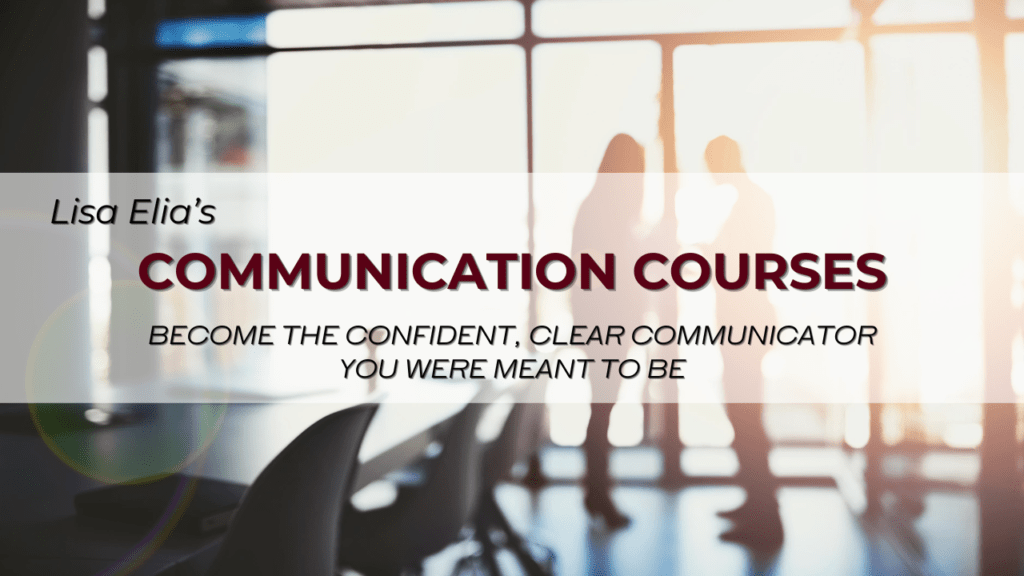
Know Your Facts to Book More Interviews
The best media interview guests are those that have deep knowledge of their subject matter and understand how to talk about their topic in the context of current events, in an engaging manner.
This may sound like a tall order, but if you break it down, you can create a system to keep yourself media ready every day. This blog post addresses why you should know your facts if you want to book more interviews.
If you are representing a product or service, know the details of it. You should know exactly how it works, whom it serves, how much it costs, the greatest benefits it delivers, how it compares to similar products and services, and other details.
If you are a subject matter expert, stay aware of academic or institutional studies that relate to topics you discuss. You could be asked questions about them, but you may also find it useful to reference studies to support your responses to questions.
Stay abreast of trends and shifts in your industry. Read the journals or trade publications that pertain to your industry. This may be obvious for people who are positioning themselves as experts. For others, such as athletes who may want to become sportscasters, demonstrating that they have an understanding of the sports industry will position them well. An actor who may want to become a spokesperson for a product line or a cause can position himself or herself for such opportunities by introducing relevant topics in media interviews.
The morning of an interview, scan the news so you will be prepared if an interviewer refers to a major world event. Think about how any of the world events might affect your industry or your projects. A good journalist may ask you how a specific event will affect your customers or fans. If you can add an interesting perspective to current conversations taking place in the world, you are more likely to book more interviews.
Be ready to talk about more than just yourself or your products or services. Even if most of the questions that journalists ask are about you, a media interview provides you with an opportunity to share more of your mind and heart with the world.
If you go into an interview without knowing the facts of your business or projects, you could be caught off-guard and appear to be uninformed or lacking credibility. This could throw the entire interview and damage your reputation. On the other hand, if you prepare well for every interview, you are more likely to be an engaging, confident guest or interviewee with whom the media will enjoy working.
Would you like more tips and articles delivered straight to your inbox?

 This post was written by Lisa Elia, a media trainer, presentation trainer, pitch coach, communication expert, and speaker. She trains clients around the world for media interviews, speeches, internal and external presentations, panels, investor presentations, and promotional videos, and provides executive and team communication coaching.
This post was written by Lisa Elia, a media trainer, presentation trainer, pitch coach, communication expert, and speaker. She trains clients around the world for media interviews, speeches, internal and external presentations, panels, investor presentations, and promotional videos, and provides executive and team communication coaching.
With more than 25 years of experience, Lisa has prepared clients for interviews with TODAY, GMA, The Wall Street Journal, CNN, ESPN, and hundreds of other outlets. Lisa has shared her expertise with national media outlets that include Inc., Entertainment Tonight, E!, and many others. Clients include entrepreneurs, Fortune 500 companies, and everything in between as well as athletes, celebrities, and other public figures.
To arrange a complimentary consultation with Lisa, click here.
To learn more Lisa's online courses, click here.
For more media training tips that will help you to book more interviews, visit these links on our site:
Media Training Tips for Actors, Music Artists and Performers
Media Interview Checklist from a Media Trainer
Body Language in Interviews and Meetings – Nonverbal Communication
To arrange a free consultation, call us at 310-479-0217.
Or, you can email us at team@expertmediatraining.com


 When members of the media book an interview with an entertainer, they expect someone to walk in the door prepared and ready to be entertaining. Many interviewers will assume that all actors and music artists love to be on camera or in the limelight, but what some do not realize is that many performers simply want to do what they love.
When members of the media book an interview with an entertainer, they expect someone to walk in the door prepared and ready to be entertaining. Many interviewers will assume that all actors and music artists love to be on camera or in the limelight, but what some do not realize is that many performers simply want to do what they love.






